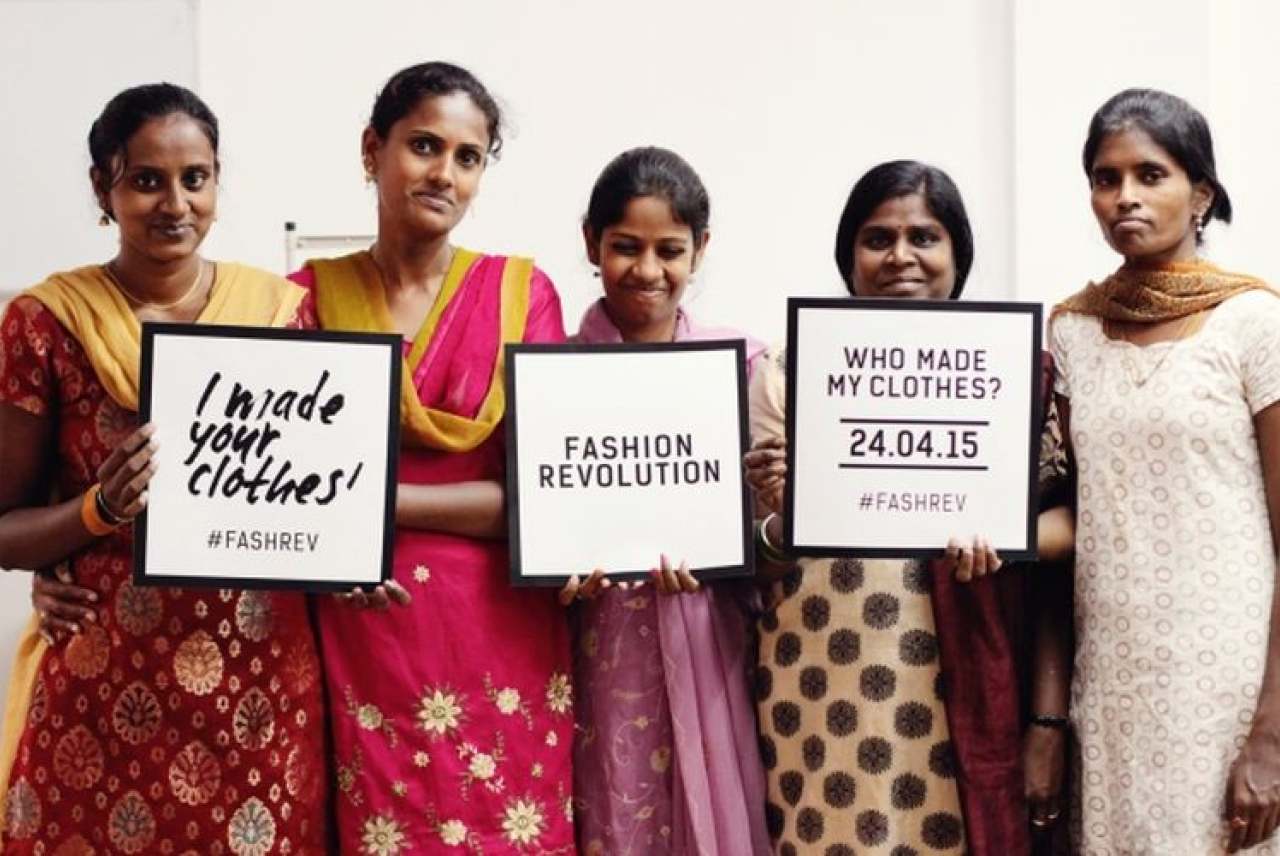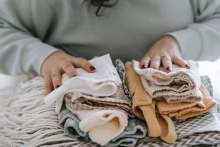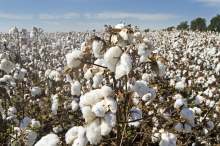What are the main reasons you think we need a fashion revolution?
Fashion has changed dramatically over the last 50 years or so – from people making their own clothes or buying high couture pieces to our current ‘fast fashion’ model. Increasingly people felt able to buy ‘off the peg’ and were encouraged to be on trend, refreshing their wardrobes regularly. Brands were set up to create cheaper and cheaper lines, while pushing back on their suppliers on price. Prices of clothes in the UK are pretty much the same as they were in the 1980s (although some of the fashions have changed… thank goodness).
Unfortunately the effect on the suppliers was to cut wages, working conditions and even safety for garment workers, 80% of whom are women. There is plenty of evidence of slavery, child labour and danger in the fashion industry – including the Rana Plaza disaster which we commemorate with Fashion Revolution week. Hearing of 1138 people dying just to bring us cheap clothes has triggered a huge response – calling for an end to abuses of garment workers and transparency within the industry so we can be sure that the people and planet are not being harmed.
This change in shopping habits has also led to a massive over production of clothing but little consideration for what happens to it when we finish with it. Clothing has been exported to developing countries, often causing problems for their own garment industries. The materials used to make cheap clothing are generally mixed fibres or plastic and so very difficult to recycle and so they end up in landfill.
What would a "Fashion Revolution" or a "Revolution in the fashion industry" look like to you?
I believe there are several key changes that a Fashion Revolution needs to bring.
Firstly, and most importantly, we all need to buy less. We just don’t need all the clothes that we’re buying. The average household in the UK owns £4000 worth of clothes and only wears about three quarters of them.
When we do buy we need to think about our clothes a lot more – what they are made of, their impact on people and planet, how much use they are going to get, and how we are going to dispose of them. Impulse buying and shopping for a hobby are definitely off trend!
Brands must take responsibility for the WHOLE of their supply chain and the lifecycle of the garments they are producing. That means transparency to the customer on the working conditions, environmental impacts and the end of life plan for the garment too.
Many larger and well established brands have very complicated supply chains for historical reasons and this is a major task. However our current labelling system where we can say ‘Made in Britain’ for a cotton garment is something that needs to change – cotton doesn’t grow in Britain!
It will cost brands to do this work and will probably lead to price rises. This is the real cost of clothing production and if all brands do it then prices will be consistent (and more of a ‘true cost’).
Although it would be lovely if all this change could be driven by consumers and brands, I do believe that we need support from governments to make the changes happen quickly.
As we can see from the plastic bag levy, incentivising really does encourage people to think about their behaviours. Culture change takes time but we can help it along. The Modern Slavery Act was a start but we need a legislative push to ensure brands make their product supply chains more transparent, their products better labelled and have some thought for environmental impacts in production and end of life.
How far away do you think we are from achieving this? / what more needs to be done?
There has been great progress, particularly in getting the message out there. Campaigns such as Fashion Revolution are bringing consumers together to call for change and many more ethical brands are being created to provide alternatives to fast fashion. Big brands too are reacting to this consumer demand for change by offering eco clothing ranges.
There’s a long way to go though. The large majority of people still don’t consider ethics when they are shopping. We are conditioned through advertising to think only about price and to buy things that we just don’t want.
Easy credit means people don’t save up and leads to impulse buying. There needs to be a lot more focus on the product and not the price. I would love to see more innovative advertising such as the recent Patagonia advert asking people not to buy their jacket…. It’s great to see celebrities like Emma Watson and Meghan Markle openly promoting thoughtful shopping – this really does have an impact in terms of media coverage and affecting people’s thinking.
How far ahead of mainstream brands do you think ethical brands are?
Mainstream brands in general have legacy supply chains and pricing structures so it is tougher for them to bring the same levels of transparency.
Ethical brands tend to be newer and leaner, starting their supply chains from scratch. This means they can ensure traceability and ethics according to their brand values. This is not easy however – at Where Does It Come From? we find it takes well over a year to research and set up a new ethical supply chain.
The mainstream brands generally have advantages in terms of high street presence and also brand trust. For example most people will unthinkingly shop where they have always shopped and buy on price, so it is challenging for newer, ethical brands to break into that and change the rhetoric.
Is there more that ethical brands can do to bring about a fashion revolution?
Collaboration is key. Ethical brands tend to be smaller and so working together, even if our ethical values are not identical, is a fantastic way to spread the message and bring more consumers on board. It’s fantastic to see new ethical market places popping up online so that customers have somewhere to get to know lots of brands at once.
Growing the ethical market has to be a main objective. That will benefit all of us and the makers and planet too.





